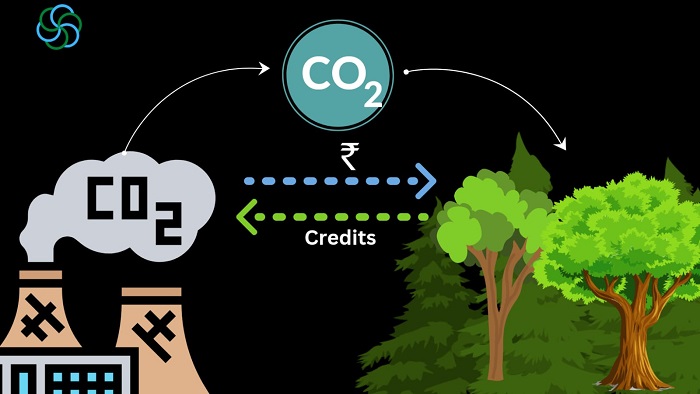EDF and ORF Report Analyzes Global Trends, Highlights Opportunities and Challenges for Developing Countries
The Environmental Defense Fund (EDF) and Observer Research Foundation (ORF) launched a joint report titled “Navigating Carbon Pricing: The G20 Experience and Global South Prospects.” This comprehensive analysis explores the growing adoption of carbon pricing instruments by governments as a tool to combat climate change and raise revenue.
The report delves into the complexities of carbon pricing, examining its application within G20 nations and its potential implications for developing economies in the Global South. It offers insights into various existing carbon pricing mechanisms, analyzing their socio-economic challenges and effectiveness in curbing emissions.
“This report sheds light on the global experience with carbon pricing,” said Pedro Martins Barata, lead author and AVP of Carbon Markets & Private Sector Decarbonization at EDF. “It highlights the benefits, challenges, and solutions for wider adoption, particularly in emerging economies.”
Key findings emphasize that concerns over the social impact of carbon pricing have often been exaggerated. The report suggests design elements can mitigate potential negative effects on vulnerable communities.
Building Capacity for Effective Implementation
The report identifies a crucial need for substantial capacity and resources to successfully implement carbon pricing. It highlights ongoing initiatives aimed at supporting the development and enforcement of these policies.
“Enhanced collaboration and sharing of best practices across the Global South are crucial,” said Hisham Mundol, EDF’s Chief Advisor in India. “This is particularly important given the rising interest in carbon pricing mechanisms across Asia, Africa, and Latin America.”
The report underlines the need to address gaps in existing capacity-building efforts, including:
- Fragmented Approach: A lack of coordination between initiatives can lead to inconsistent quality standards.
- Unsustainable Capacity Building: Initiatives often fail to ensure long-term effectiveness and institutionalization of acquired skills.
- Inadequate Stakeholder Engagement: The private sector, a key player, is frequently not sufficiently involved.
The report emphasizes establishing a dedicated entity within each country to champion the development and implementation of carbon pricing instruments.
India’s Potential and the Global South’s Future
“The report’s insights on carbon pricing are particularly relevant for India,” said Mannat Jaspal, co-author and Associate Fellow at ORF. “This aligns with the recent amendment to the Energy Conservation Act, paving the way for a domestic Carbon Credit Trading Scheme.”
While acknowledging valuable lessons from developed economies, the report highlights the potential for South-South cooperation and knowledge sharing.
Emerging economies face unique challenges, including:
- Resource constraints
- Limited data availability
- Evolving energy markets
- Access to capital limitations
- Balancing universal energy access with emissions reduction
However, the Global South also has advantages:
- Growth potential: These economies can build low-carbon infrastructure and decouple economic growth from emissions.
- Technological leapfrogging: They can adopt advanced technologies, bypassing the high-carbon development path of the past.
The “Navigating Carbon Pricing” report underscores the growing significance of carbon pricing as a key strategy for mitigating climate change and fostering a sustainable future, particularly for developing economies.


